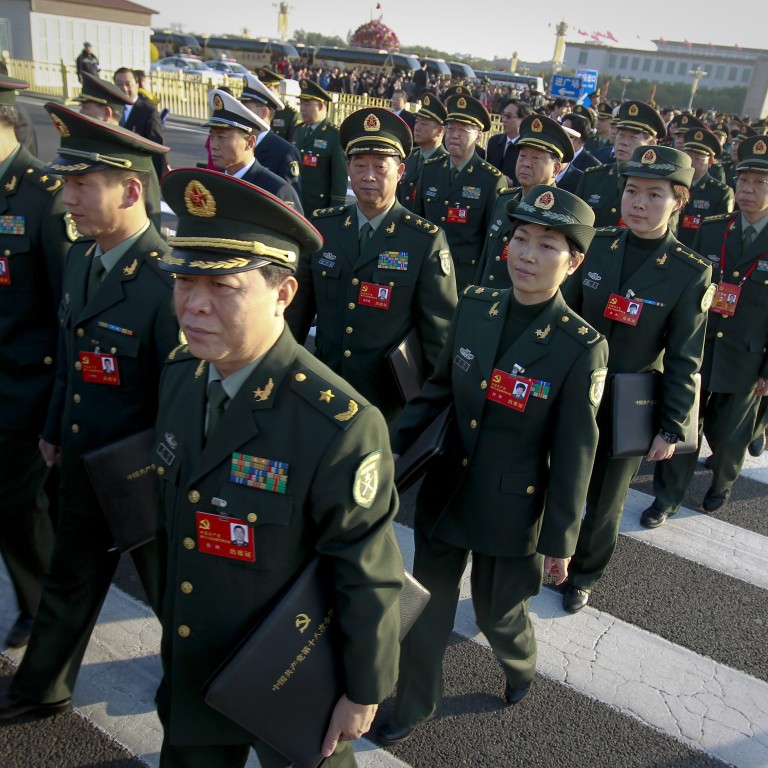
Security agency can strike quickly when crises hit
National Security Commission can overcome barriers in bureaucracy that delay responses to terrorism and natural disasters, observers say
The newly established National Security Commission is likely to play a significant role in the handling of major emergencies after two recent incidents tested the nation's ability to deal with crises quickly and effectively, observers say.
The mainland put in place an emergency response system after the Sars outbreak in 2003, detailing actions to be taken to deal with natural disasters and public health and security incidents.
But the knife attack at Kunming station in Yunnan province on March 1 that left 33 people dead, including four assailants, and scores injured has triggered calls for improvements amid public concerns over whether the police response was hampered by government bureaucracy.
China should not believe that ordinary police can respond to such incidents
The commission, headed by President Xi Jinping , is expected to remove barriers that hinder a swift response to crises by fine-tuning the responsibilities of different government agencies, said Teng Wuxiao, a scholar at Fudan University who specialises in public safety and contingency planning.
"The commission will co-ordinate communications among different agencies and overcome the structural barriers that delay responses to emergencies," he said.
The search and rescue operation for missing Malaysia Airlines flight MH370, which had 154 Chinese on board, has also tested China's response to emergencies, analysts say.
Beijing wasted no time dispatching a fleet of navy and civilian vessels to search for the Boeing 777 after it was reported missing on March 8, but their efforts were hindered by the lack of accurate information.
"One aspect China can improve is how to better communicate with other countries involved and how to ensure the information provided by other countries is accurate," Teng said.

The police response to the Kunming attack also raised questions: the spree by knife-wielding attackers lasted 25 minutes, even though a police station was only one kilometre away.
Officials denied there were any delays in their response, saying the first squad cars arrived on the scene within three minutes of receiving a call. But the controversy lingers because the officer who shot dead four of the assailants only opened fire after securing consent from a supervisor.
Teng said authorities needed to address procedures as security outside the train station was the responsibility of the regular police, yet the task was passed to railway police when the attackers stormed the station interior.
"Usually, emergencies like the Kunming attack involve more than one government agency," Teng said. "And this may hamper the response to the crisis."
Pan Zhiping, director of the Institute of Central Asia at the Xinjiang Academy of Social Sciences, said the Kunming attack demonstrated the need for tighter security across the country because violent attacks were spreading to several mainland cities.
In October, authorities also blamed Uygur separatists for a suicide car attack in Beijing's Tiananmen Square.
"Xinjiang police are better equipped to handle such emergencies because of the constant violent attacks there," he said. "But cities like Kunming have been peaceful for a long time and now they need to better equip themselves to handle emergencies."
Dr Rohan Gunaratna, of the Singapore-based International Centre for Political Violence and Terrorism Research, said Beijing should create a specialist unit of highly trained officers to respond to violent attacks. "China should not believe that ordinary police can respond to such incidents," he said. "It must groom a special unit that can respond rapidly."

